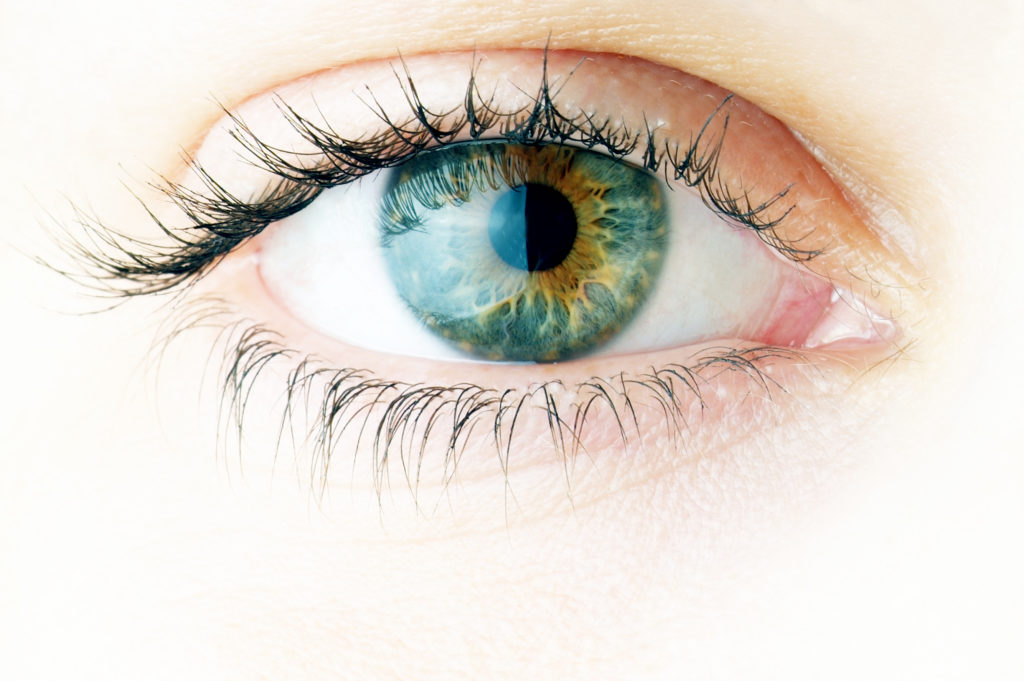
The month of February is Low Vision Awareness Month. What exactly is low vision? Low vision describes significant visual impairment that isn’t correctable through glasses, medication, eye surgery or contact lenses. It’s often characterized by partial sight such as blind spots, tunnel vision or blurred vision. The most common causes of low vision in the United States are glaucoma, age-related macular degeneration (AMD), diabetic retinopathy, and cataracts. There are several other causes of low vision as well such as strokes, traumatic brain injury and other diseases.
Children, as well as adults, can be affected by low vision. People can be born with conditions like albinism or optic nerve damage that can result in low vision. But low vision is most common in adults and seniors.
Low vision treatment requires different approaches as each individual case of low vision may differ. Treatment plans may include specialized optical systems, prescription glasses, video magnification, non-optical options and/or medical rehabilitative therapy to maximize the ability to perform every day activities such as dressing, grooming, bathing, and eating. Many low vision patients maximize their remaining vision with the use of vision aids. These low vision devices can help to enhance contrast, magnify objects and lessen glare.
In observance of Low Vision Awareness Month, Bennett & Bloom Eye Centers encourages everyone to have a complete eye exam. Getting an annual eye exam increases the chances of early detection and diagnosis of conditions that may lead to vision loss.



